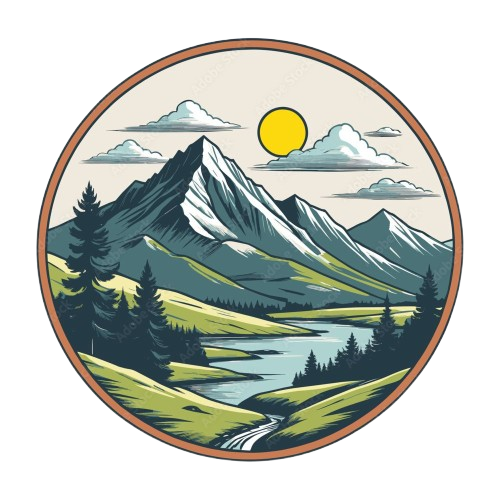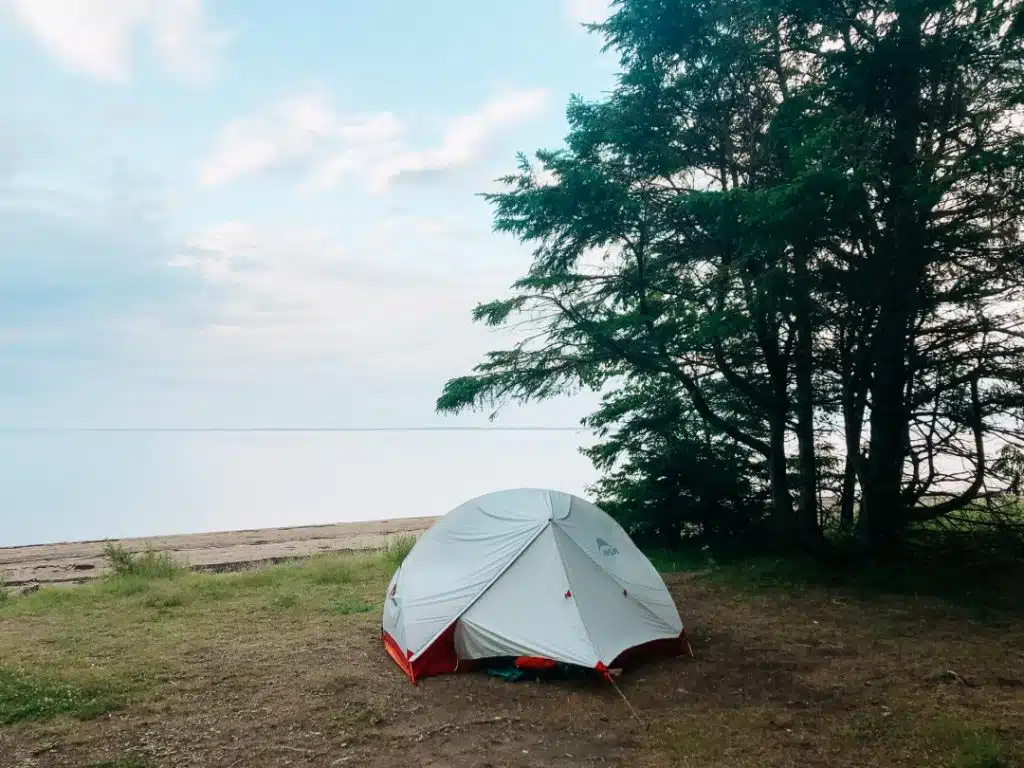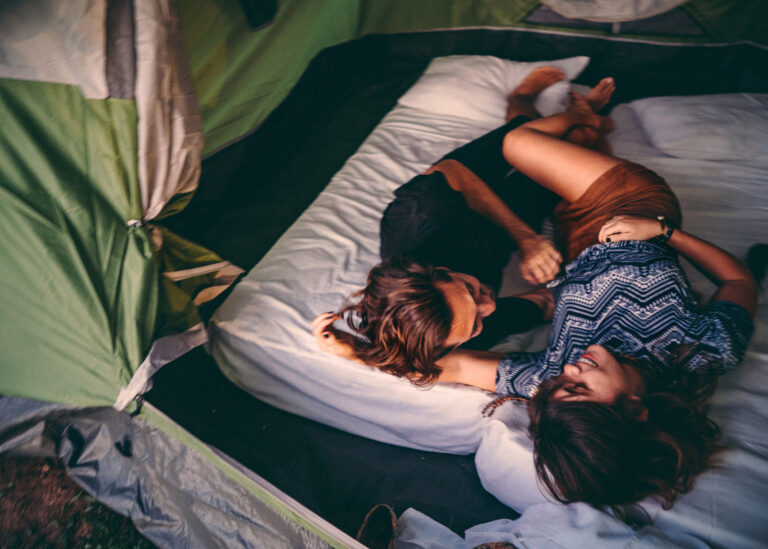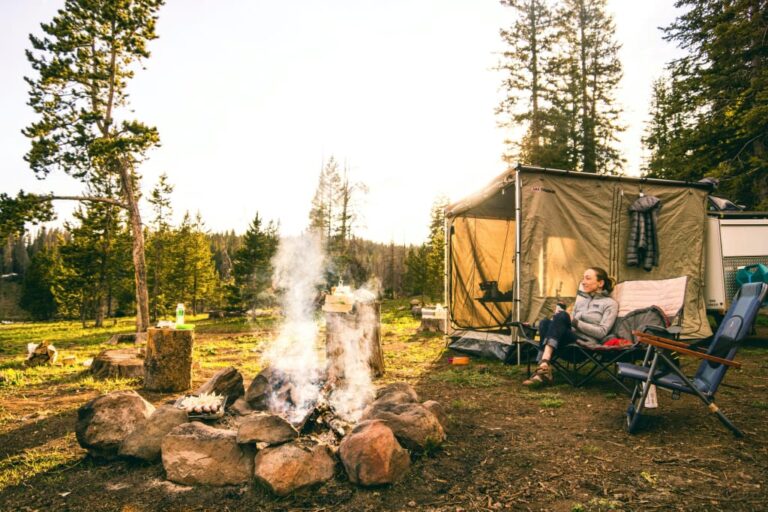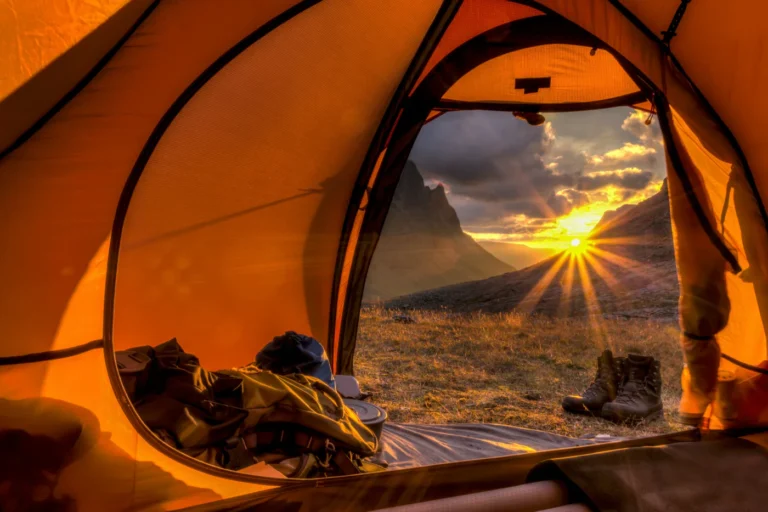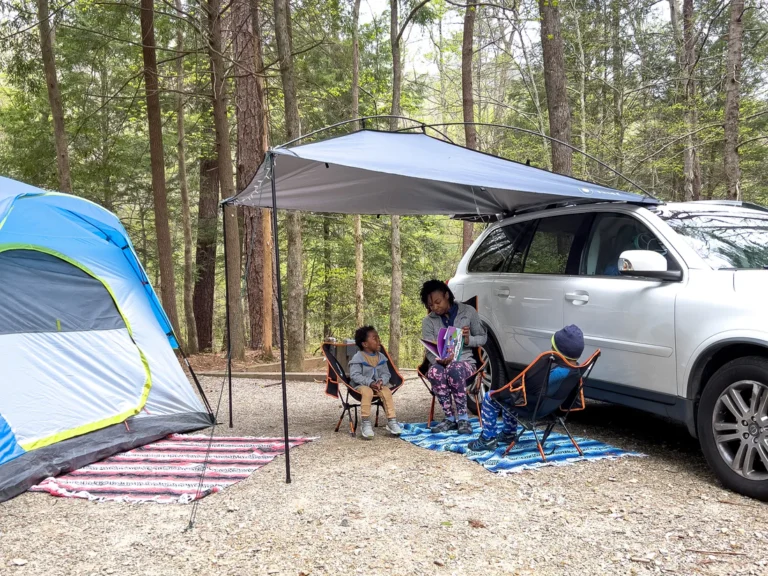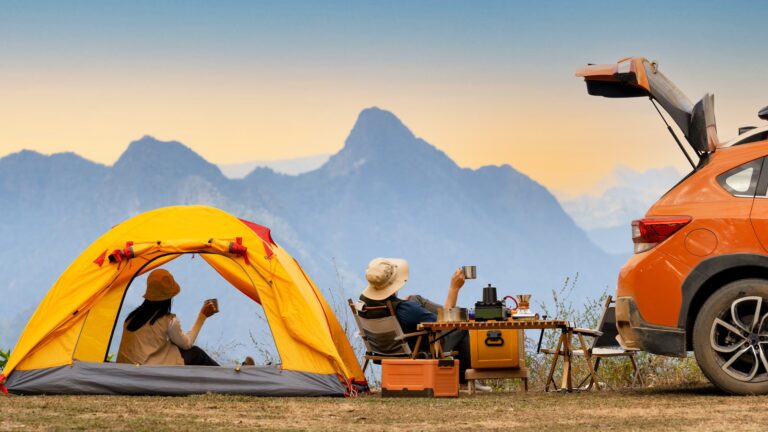Camping 101: The Complete Beginner’s Guide on Camping
Nothing compares to cooking breakfast over an open fire, waking up to the sounds of birds, and sleeping beneath the stars. One of the best ways to disconnect, rejuvenate, and re-establish a connection with nature and yourself is to go camping. However, organizing your first camping trip can be daunting if you have never done it before. Don’t worry; this comprehensive guide will teach you all you need to know to camp with confidence.
Why Go Camping?
Before diving into the how, let’s talk about the why. Camping isn’t just about roughing it in the wild — it’s about:
- 🌲 Escaping the hustle of daily life
- 🧘♀️ Finding peace and quiet in nature
- 👨👩👧👦 Spending quality time with loved ones
- 💰 Enjoying budget-friendly travel
- 📵 Disconnecting from screens and digital overload
Whether you’re looking for adventure or tranquility, camping offers a little something for everyone.
Types of Camping
There’s more than one way to camp. Here are a few options to consider:
1. Tent Camping
The classic choice — set up a tent at a campsite or in the backcountry. It’s affordable and accessible.
2. Car Camping
Drive directly to your site and camp next to your vehicle. Great for beginners because you can bring more gear.
3. RV or Camper Van Camping
Ideal for those who want comfort with mobility. Think of it as a home on wheels.
4. Glamping (Glamorous Camping)
Luxury camping with real beds, bathrooms, and sometimes even AC. Best for those who want nature without giving up amenities.
5. Backpacking
Hike into the wilderness with all your gear on your back. This is the most rugged and adventurous option — recommended after gaining some experience.
Essential Camping Gear Checklist
You don’t need to spend a fortune on gear. Start with the basics:
🏕️ Shelter
- Tent (with stakes & rainfly)
- Ground tarp or footprint
- Sleeping bag (rated for your climate)
- Sleeping pad or air mattress
- Pillow (or stuff clothes in a bag!)
🍳 Cooking
- Portable stove or grill
- Fuel (propane, butane, etc.)
- Cookware (pot, pan, spatula)
- Plates, bowls, utensils
- Cooler & ice packs
- Reusable water bottles or hydration packs
- Biodegradable soap and sponge
👕 Clothing
- Weather-appropriate clothes (layers are key!)
- Rain jacket or poncho
- Comfortable hiking shoes
- Warm hat & gloves (for colder nights)
- Extra socks and underwear
🔦 Tools & Accessories
- Headlamp or flashlight
- Lantern
- Camping knife or multitool
- First aid kit
- Map or GPS
- Trash bags
- Bug spray and sunscreen
- Camp chairs and table
How to Choose a Campsite
Where you camp can make or break your experience. Here’s what to consider:
🗺️ Location
- National/state parks, private campgrounds, or dispersed (wild) camping
- Proximity to home for first-timers
🚿 Amenities
- Do you want toilets, running water, and fire pits? Choose a developed campground.
- If you’re okay with being more self-sufficient, try primitive camping.
📅 Reservations
- Many popular sites book weeks or months in advance, especially in summer. Reserve early!
Setting Up Camp
Once you arrive:
- Pick a flat, shaded spot for your tent.
- Clear the ground of rocks and sticks.
- Lay down a tarp and pitch your tent.
- Set up a designated kitchen area away from your sleeping area.
- Keep food sealed and away from wildlife.
- Check fire regulations before lighting any campfires.
Camp Cooking Basics
You don’t need to survive on granola bars. Some beginner-friendly ideas:
🍽️ Easy Camping Meals
- Foil packet dinners (meat + veggies)
- Grilled cheese or quesadillas
- One-pot pasta or chili
- Instant oatmeal with fruit
- S’mores (of course!)
Bring ingredients that don’t spoil quickly, and always store food properly.
Safety Tips for Beginners
Camping is generally safe — but stay alert and follow these tips:
- Tell someone your plans before you leave.
- Never leave food out — it attracts animals.
- Follow fire safety rules strictly.
- Stay on marked trails if hiking.
- Check the weather before heading out.
- Learn how to deal with minor injuries and carry a first-aid kit.
Leave No Trace
One of the most important principles in camping is leaving nature better than you found it:
- Pack out all trash (even food scraps).
- Don’t pick plants or disturb wildlife.
- Use biodegradable products.
- Stay on trails and designated campsites.
Common Beginner Mistakes (and How to Avoid Them)
- Overpacking – Bring only what you need.
- Ignoring weather reports – Always check the forecast.
- Bringing the wrong gear – Test your gear before the trip.
- Not arriving early enough – You want enough daylight to set up camp.
- Forgetting matches or lighter – Always bring backups!
Final Thoughts
Camping might seem intimidating at first, but with a little planning, it can be one of the most rewarding and rejuvenating experiences. Start small, learn as you go, and embrace the adventure — even the unexpected moments. Remember, the best part about camping is that there’s no perfect way to do it. Just start where you are, and let nature do the rest.
